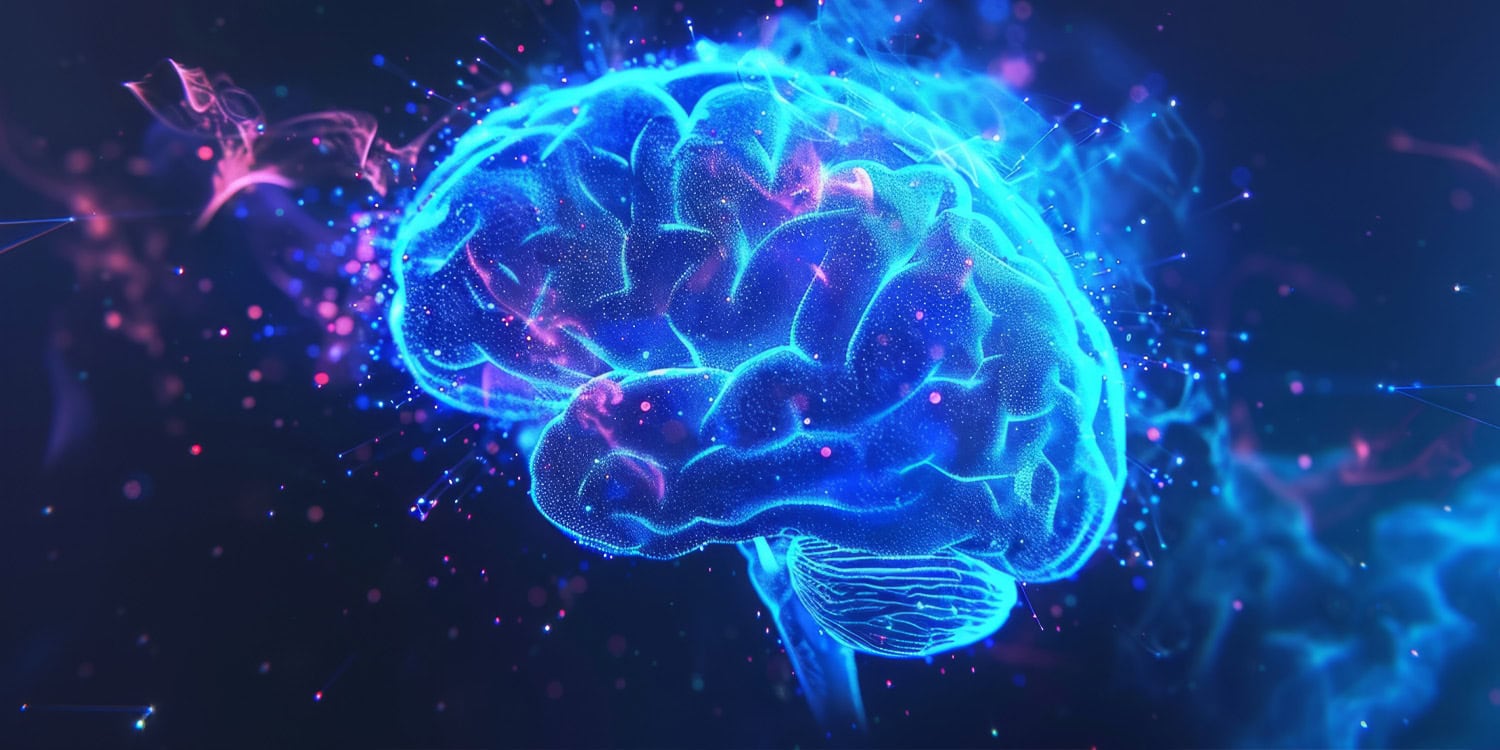A recent study published in Cognitive Research: Principles and Implications sheds light on why some people are more likely to change their beliefs after being presented with corrections to misinformation. Researchers found that people with higher fluid intelligence, a form of general reasoning ability, were more likely to adjust their attitudes after receiving corrective information. Interestingly, an individual’s motivation to think deeply—what psychologists call “need for cognition”—had little effect on attitude change. This suggests that the ability to reason through new information is more influential than simply being motivated to engage with it.
The rise of misinformation, particularly online, has posed serious challenges for societies aiming to foster well-informed public discourse. In recent years, efforts to combat misinformation have often focused on fact-checking and correction strategies, but not all individuals respond to corrections in the same way. Understanding why some people adjust their beliefs while others do not could help improve debunking strategies.
The study’s authors wanted to explore whether personal characteristics like fluid intelligence (the ability to think and reason quickly and abstractly) or need for cognition (the desire to engage in effortful thinking) could predict who is more likely to update their attitudes in response to corrected information.
“The spread of misinformation is one of the key challenges for contemporary societies. Against this background, it seems important to understand what makes individuals fall for misinformation and what we can do about it,” said study author Fabian Hutmacher, a lecturer at the University of Würzburg.
The researchers conducted two online experiments, which were designed to simulate real-world misinformation correction scenarios, with a focus on minimizing pre-existing biases by choosing a neutral topic.
In the first experiment, the researchers recruited 401 participants through various online platforms. After applying exclusion criteria for inattention, incomplete responses, or self-reported low diligence, they finalized a sample of 355 participants aged 17 to 67, most of whom were university students.
Participants were divided into two groups: the experimental group, which received misinformation on a fictional topic — trust-based working hours — and a control group, which received a neutral, factual version of the same topic. Both groups read a news article about a company’s experiment with flexible working hours, but only the experimental group received misinformation suggesting that the project had negative consequences, like financial losses. Following this, the experimental group read a correction message that debunked the misinformation, presented as an independent fact-check that clarified the misinformation and reframed the project as generally positive.
The researchers measured participants’ attitudes toward trust-based working hours both before and after the correction message. Fluid intelligence was measured using a deductive reasoning test that involved analyzing logical conclusions, while need for cognition was assessed with a short survey where participants rated statements indicating their preference for complex or intellectually engaging tasks.
For the second experiment, the researchers aimed to expand and refine their findings from the first study by using a larger and more diverse sample. They recruited 795 participants from an online participant pool, Prolific, and applied similar exclusion criteria, ultimately resulting in a final sample of 725 participants.
The procedure in Study 2 was similar to Study 1, with participants again divided into experimental and control groups. The misinformation content, the neutral content, and the correction message were consistent with those used in the first study, ensuring comparability between the experiments. However, researchers made refinements to the measures of fluid intelligence and need for cognition. In this study, they used a longer, more reliable 16-item scale to measure need for cognition and standardized the fluid intelligence test items across participants to enhance the consistency and robustness of these measurements.
Across both experiments, the researchers found that individuals with higher fluid intelligence were more likely to adjust their attitudes after receiving a corrective message. The higher an individual’s fluid intelligence, the more effective they were at understanding and applying the corrective message to their initial beliefs.
“A common strategy for countering misinformation is correcting and fact-checking false information,” Hutmacher told PsyPost. “It has repeatedly been shown that a correction message diminishes but not always fully eliminates the effects of previously presented misinformation. We demonstrated that people with higher fluid intelligence, that is, people with a better general reasoning ability, are better at adjusting their attitude in response to the correction of misinformation.”
“Reversely put, this means that integrating a correction message with a previously encountered piece of misinformation can be challenging for individuals. From a practical perspective, this implies that it is important to communicate correction messages in a way that is accessible to a broad audience.”
Interestingly, need for cognition did not have a significant impact on the extent to which participants changed their attitudes in response to corrective information. Even among individuals with a high need for cognition—those who generally enjoy and actively engage in thinking—the presence of misinformation seemed to persist in their attitudes similarly to those with lower need for cognition.
“We did not only investigate whether fluid intelligence affects the way individuals react to the correction of misinformation,” Hutmacher said. “We also checked whether an individual’s need for cognition, that is, an individual’s willingness to engage in effortful thinking, plays a role in this context. However, we did not find any evidence that need for cognition is a significant contributing factor when it comes to the correction of misinformation.”
The sheds light on how certain cognitive trait may impact our ability to accept corrections and reduce the influence of misinformation. But, as with all research, there are some caveats. The misinformation used in the study was neutral, potentially making it easier for participants to accept the correction. In real-world contexts, however, misinformation often pertains to politically charged or personally significant issues. The authors suggest that future research should investigate how fluid intelligence and need for cognition influence responses to corrections on more controversial topics.
“When studying misinformation, one needs to present participants misinformation on a certain topic,” Hutmacher explained. “We presented our participants misinformation on the topic of trust-based working time. However, it would be important to extend our findings to more contested and more politicized topics such as climate change. Having a better understanding of what makes people fall for misinformation will hopefully help us to design more effective countermeasures.”
The study, “Fluid intelligence but not need for cognition is associated with attitude change in response to the correction of misinformation,” was authored by Fabian Hutmacher, Markus Appel, Benjamin Schätzlein, and Christoph Mengelkamp.




